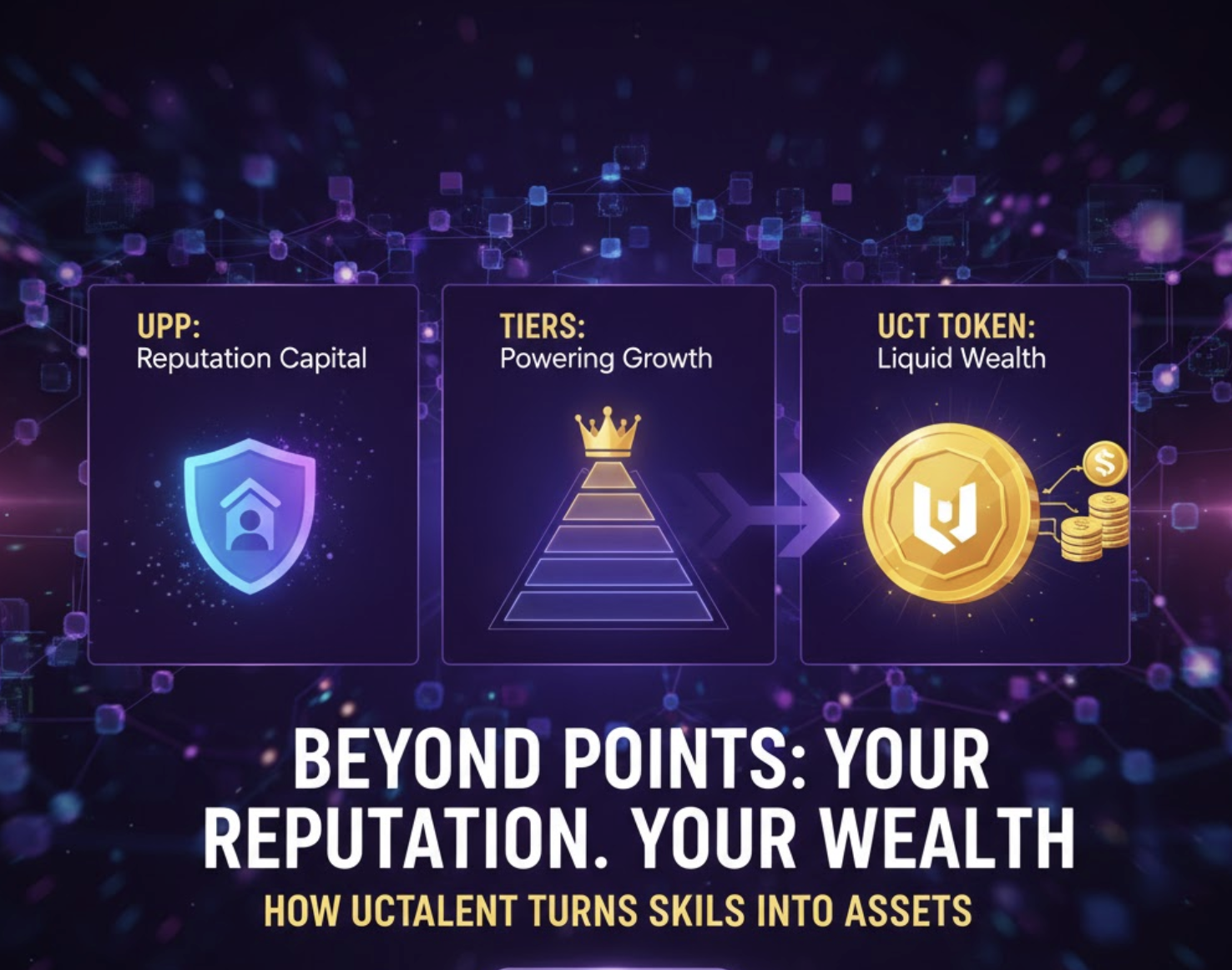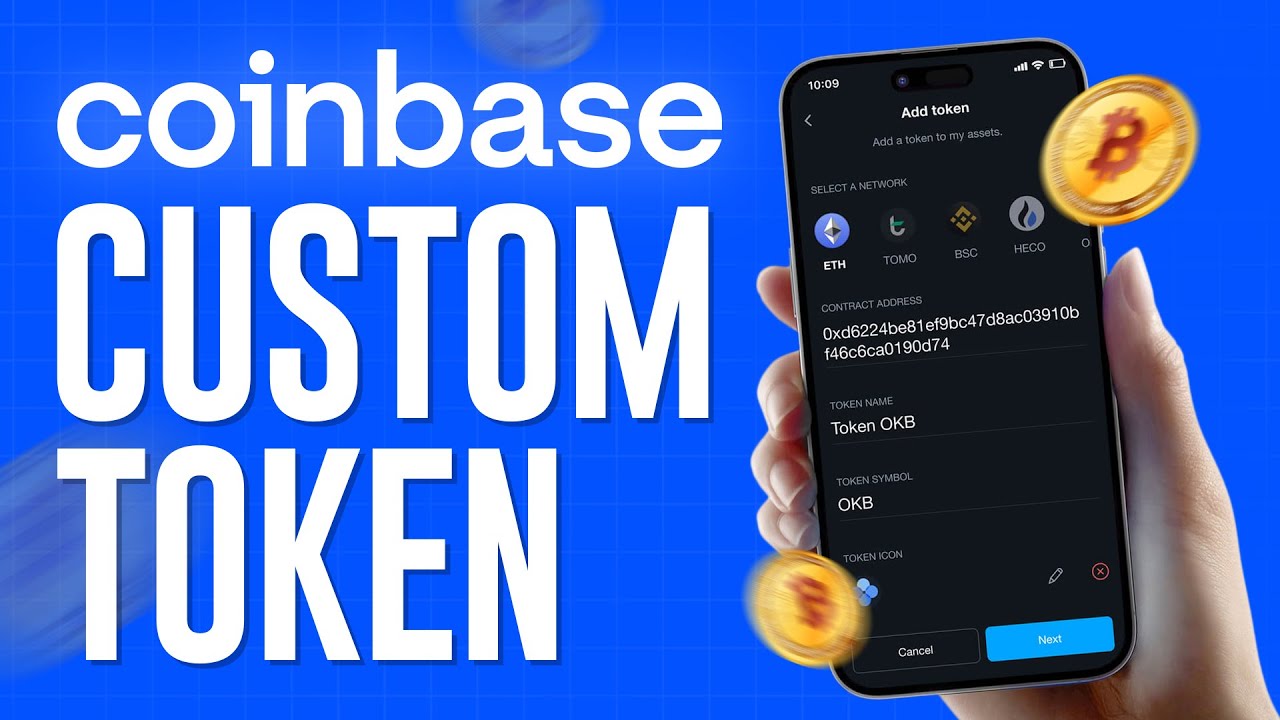Navigating Remote Work in Blockchain: Essential Tools and Strategies for Entry-Level Engineers
In the ever-evolving world of blockchain technology, remote work has become a cornerstone of the industry. For entry-level engineers, adapting to this new work paradigm is crucial. This article delves into the essential tools and strategies that will help you excel as a remote blockchain engineer, ensuring you stay productive and connected in a decentralized workspace.
1. Essential Tools for Remote Blockchain Engineers
1.1 Project Management Software
Efficient project management is crucial when working remotely. Consider using tools such as:
- Trello: A visual tool that helps you organize tasks with boards, lists and cards. It’s particularly useful for tracking project milestones and individual tasks.

- Asana: Offers task assignments, due dates and progress tracking. It helps you stay organized and ensures that every team member knows their responsibilities.

1.2 Communication Platforms
Effective communication is the backbone of remote work. Recommended platforms include:
- Slack: Allows for real-time messaging, file sharing and integration with other tools. Channels can be created for different projects or teams, making it easier to keep conversations organized.

- Microsoft Teams: Integrates well with other Microsoft products and offers features like video meetings, chat and document collaboration. It’s a comprehensive solution for team communication.

1.3 Code Collaboration Tools
For blockchain engineers, collaboration on code is essential. Tools such as:
- GitHub: A platform for version control and collaborative coding. It supports pull requests, code reviews and issue tracking, which are vital for maintaining code quality.

- GitLab: Provides similar features to GitHub but includes built-in CI/CD pipelines and a more integrated approach to project management.

1.4 Virtual Private Network (VPN)
A VPN is essential for securing your internet connection and protecting sensitive data. It helps you access company resources securely and ensures that your online activities remain private.
- NordVPN: Known for its strong security features and user-friendly interface.

- ExpressVPN: Offers high-speed connections and robust encryption.

2. Effective Remote Work Strategies
2.1 Establish a Routine
Creating a structured daily routine enhances productivity and mimics an office environment.
- Set Working Hours: Define your start and end times to create a clear boundary between work and personal life.
- Designate a Workspace: Create a dedicated area for work to minimize distractions and foster a professional mindset.
- Implement Time Management Techniques: Use techniques like Pomodoro or time-blocking to manage your work effectively.
2.2 Stay Organized
Organization is key to managing remote work efficiently.
- Digital Workspace: Use tools like Notion or Evernote for organizing notes, managing tasks and keeping track of important information.
- File Management: Maintain a structured file system with well-labeled folders and documents. Cloud storage solutions like Google Drive or Dropbox can help keep your files accessible and secure.
2.3 Maintain Regular Communication
Regular communication prevents isolation and ensures alignment with your team.
- Daily or Weekly Check-Ins: Schedule regular meetings to discuss project updates, challenges and goals. Tools like Zoom or Google Meet are ideal for video conferencing.
- Use Status Updates: Regularly update your status on communication platforms to keep your team informed about your progress and availability.
2.4 Seek Feedback and Support
Continuous feedback and support help in professional growth and motivation.
- Ask for Feedback: Regularly request feedback on your work to understand areas for improvement and to align with team expectations.
- Engage with Mentors: Connect with more experienced colleagues or mentors for guidance and support.
3. Leverage Blockchain-Specific Resources
Staying updated with industry trends and leveraging blockchain-specific resources can significantly benefit entry-level engineers.
- Blockchain Developer Guide: Provides comprehensive tutorials and guides on blockchain development, ideal for enhancing your technical skills.
- Ethereum Documentation: Essential for developers working with Ethereum, offering detailed resources and updates on Ethereum-related technologies.
- Blockchain Blog: Offers insights, news, and updates about the blockchain industry, helping you stay informed about the latest trends and developments.
Conclusion
Navigating remote work as an entry-level blockchain engineer requires a blend of the right tools, effective strategies, and ongoing education. By embracing these essential tools and strategies, and staying connected with industry resources, you can overcome the challenges of remote work and thrive in the blockchain sector.
For additional insights and resources on blockchain technology and remote work, check out these articles:
- How to Build a Successful Career in Blockchain: Tips for Beginners
- How to Find Your First Tech Job or Your First Best Job - A simple Guideline
- How to create networking for Tech Freshmen
Looking to stay ahead of the curve in the blockchain industry? Sign up with UCTalent today to access the latest news, in-depth guides, and exclusive insights tailored for your career growth!
Join our community to discover expert advice, essential tools, and strategies that will help you thrive in blockchain and Web3. Don’t miss out - register now and take the first step toward mastering the future of work in blockchain!












